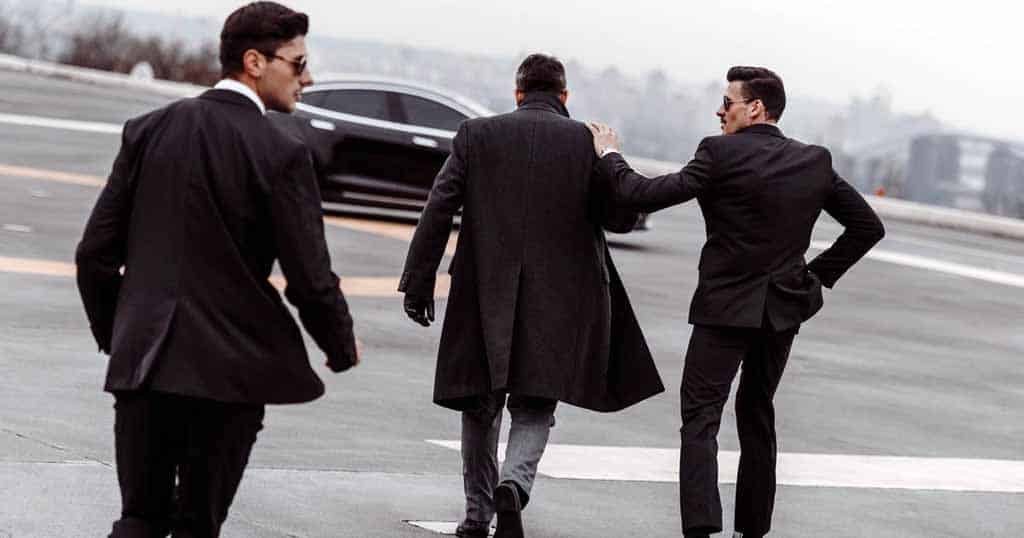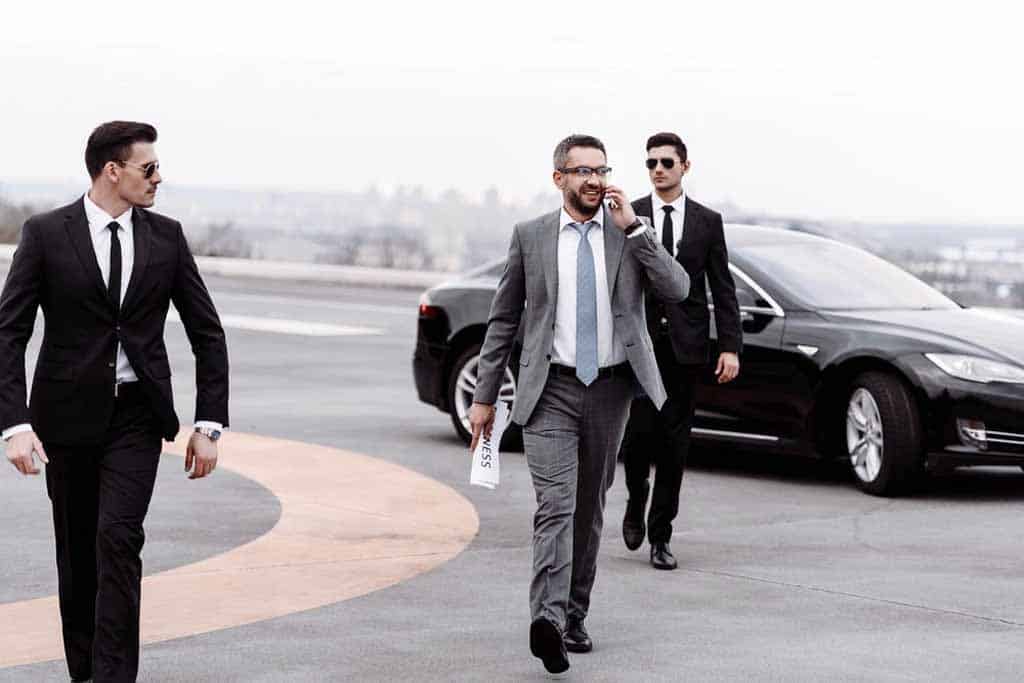There is a natural increase in the demand for close protection services worldwide. Celebrities, politicians, CEOs, and other influential people are required. They deserve the services of bodyguards around the clock. Their families and associates similarly got to be kept safe from known or perceived threats. Executive protection can include special event management, travel risk management, workplace violence mitigation, and shut protection agents.
Awareness of one’s surroundings is the initiative to ensure that he or she is correctly protected. Knowing the threats related to that area and the dangers that the individual is faced with will help the top protection team provide adequate security. The team assigned to a private or people must even be highly trained. Moreover, they are ready to react to several different types of events without a moment’s hesitation.
Citiguardsecurity goes deeper into the role of close protection as an entire to know just what bodyguards are required to do. There are various best practices when it involves providing the required protection.

Keep Clients Safe from Physical Harm
Public figures usually attract attention from ordinary members of the general public. Politicians, for instance, may attract false quiet attention, though, because not most are a lover of their policies. Therefore, the CPOs are the primary line of defense against physical confrontation. They may need to push, shove or otherwise keep the crowds at a distance. For this reason, they’re trained on tactics of control and need to be physically fit. At the same time, they must try the fragile balancing act of protecting their clients and not assaulting innocent fans.
Maintain the Client’s Privacy
A Close Protection Officer needs to work closely with the organizers of events, public gatherings, and meetings. They have to understand what meetings their clients are attending and who else is invited. They’ll clear the meeting room for digital recording devices. In this way, they can assist their clients’ personal affairs, confidential and secret. For instance, if you’re a CEO, your security detail will secure your accommodation, office, and vehicle. Planning is essential to avoid challenges like lack of security equipment, communication, logistics, and crowds overwhelmed.
Anticipate risks involved around their clients.
Enemies and aggressive individuals can easily hide along the way or within the premises being accessed by VIPs. Bodyguards’ role is to spot loopholes and keep their clients free from danger. Security equipment like cameras, screening equipment, and metal detectors are usually available handy before and through events. In anticipating threats, CPOs need to work with the local enforcement security guards and officers at these premises.
Transporting their Clients to Figure and Back
Close protection operatives often need to move their clients from A to B safely. Each client has their favorite locations, like restaurants, stadiums, shopping malls, places of worship, and even visiting their loved ones. Bodyguards must be conversant in their frequent areas, routes, and habits. Moreover, it includes knowing the closest’ safe houses’ and emergency services.
Evacuating their Clients to Safety
VIPs have their needs, a bit like the other citizenry. They will become ill or suffer due to minor accidents. Whenever they are available across threats, bodyguards should be quick to rush their clients to safe installations like hospitals, police stations, and armored vehicles. Defensive driving is a crucial skill for all close protection officers.
Physical Protection from Harm
However, close protection officers provide physical, front-line protection from threats. These threats may include violent assault, harassment, physical aggression, kidnapping, or assassination attempts. They are highly trained to reply and react quickly in potentially dangerous situations.

Pre-emptive Security
It includes pre-emptively checking venues, like theatres, hotels, restaurants, and other platforms, for potential threats. Pre-emptive work is a significant part of close protection security because it can diffuse dangerous threats before they are available to fruition. When checking the premises, bodyguards will search for potential weak spots in security. It includes entrances and exits and staff members.
In this process, everyone is added who may inherit contact with the protected individual. Pre-emptive security also includes checking for privacy threats, also as physical safety. It shows that a bodyguard’s job goes much further than physical security alone, as their goal is to defuse a threatening situation before it becomes a dangerous one.
Deterring opportunistic attacks
Sadly, many opportunistic criminals will act on impulse. In these circumstances, having a bodyguard present will often be enough to discourage such attacks. An opportunistic attacker is way less likely to behave in a threatening manner because security professionals are present, as this is an efficient deterrent.
Conclusion
The number of close protection officers attached to a client depends on the threat and risks posed. Their profile, status, and in fact, the budget available. Ahead of state would need more assets to protect them 24/7. No matter the client’s situation, all bodyguards need to be thoroughly trained, sober, trustworthy, highly disciplined, experienced, and fit.
